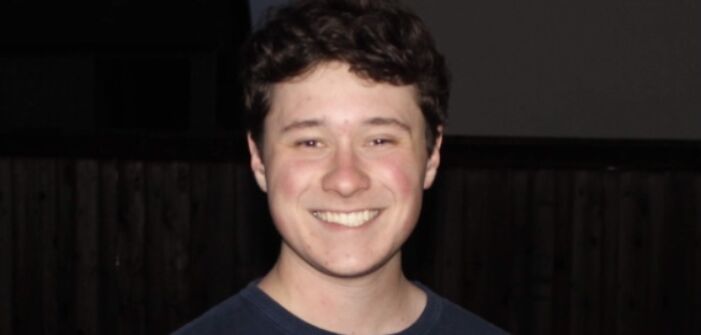I’ve been grappling with my relationship with religion since my childhood — when my naive ego realized there was more in this world than my little eye could see.
My mom’s first cancer diagnosis instigated a life-long hatred toward any “God” and their mighty power. “What kind of omnipotent creature would do this to an innocent mother and her family?”
I’d often get backlash from others, telling me how God is simply teaching us a lesson or taking the burden off of someone else, but it always felt quite, well, wrong.
And I know I’m not alone in this struggle. Especially among younger generations, belief in a higher being or even an all-powerful being is becoming less prevalent.
In a survey done by Pew Research Center, about half of younger millennials don’t feel absolutely sure of God’s existence. Compared to roughly 30 percent of Baby Boomers who are uncertain of God’s existence, this shows a trend of increased secularization.
Not to mention, my fellow Gen-Z’ers weren’t handed this survey, for which I assume the results would be even less “God-ful.”
But this is not to say that religion and one’s belief in God should no longer be a substantive part of young people’s spiritual lives. In fact, many follow the idea that one can identify with a specific religion but not conform to all of its presumed rules, or one can identify with the specific morals of a religion yet leave out a godly figure.
That’s why I’ve been re-analyzing my spiritual presence, and I feel that a lot of people struggling through grief could use the same reconsideration.
Religion and spirituality seem to be malleable for the individual’s needs now more than ever. And this only goes to show my reasoning for why religion is important: at the forefront, it is a mechanism to bring hope and peace into your life.
I’ve come to learn that though grief feels most prominent when you physically lose someone you love deeply, the actual emotions associated with grief are omnipresent throughout our lives.
The fear of missing out, a friendship ending or being denied a job are all examples of normal things that elicit grief-like symptoms, but don’t be going around proudly showing off your diagnosis just yet.
For those who have a loved-one that passed away, grief is much more than the fear of missing out.
But generally adopting more spirituality into my life has made the grieving process, in all of its forms, a bit lighter to carry.
Recently getting more and more into Taoism leaves more room for patience, mindfulness and open-mindedness for me than I feel I have had before. It aligns with my disbelief in a godly figure, but allows me to explore a powerful energy that I didn’t know existed as a kid.
Everyone’s spiritual and religious paths are different— I feel as though you can, in a way, pick and choose what you want from faith. That is the beauty of what I see as the movement of neo-spirituality.
At times where dissociation is constant, crying at insignificant stimuli is normal and bouts of anger happen maybe more often when your grief began rearing its ugly head, finding a more abstract source of comfort can be extremely helpful.
It may not be for everyone! I certainly thought it would never be for me. But spirituality can be a life-saver — maybe even a life-giver.






Comment policy
Comments posted to The Brown and White website are reviewed by a moderator before being approved. Incendiary speech or harassing language, including comments targeted at individuals, may be deemed unacceptable and not published. Spam and other soliciting will also be declined.
The Brown and White also reserves the right to not publish entirely anonymous comments.